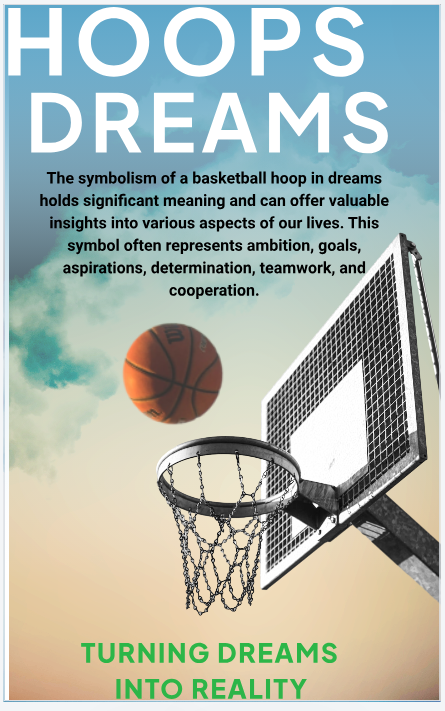🧠 From Equations to Impact: How Young Mathematicians and AI Are Solving the World's Hardest Problems
In a time when the world is overwhelmed by complexity — climate change, cancer, inequality, and misinformation — one might ask: what can mathematics or a young researcher really do?
The answer: A lot more than you think.
Recent headlines showcase how young mathematicians, university researchers, and AI tools are not just solving equations, but solving real-world problems — from environmental crises to racial bias in cancer prediction.
Let’s connect the dots.
🌍 Young Minds, Big Impact: Solving Global Problems with Maths
At the University of Exeter, a celebration was held for some of the region’s most promising young mathematical talents. But this wasn’t just a competition of formulas and theorems — these students tackled issues like:
-
Climate modeling and environmental damage
-
Socioeconomic data analysis
-
Health inequality and predictive modeling
What’s powerful here is how early these students are being trained to apply mathematical thinking to real-world data. It’s no longer about solving abstract problems in isolation. It’s about using maths as a lens to see and fix what’s broken in the world.
📌 Key takeaway: Mathematics is evolving into a tool of activism and social innovation.
📢 From Research to the Public Eye: Mathematicians as Communicators
Meanwhile, at the University of Bristol, two school academics were recently featured in the media for sharing insights on real-world issues through mathematics — one of them focusing on mathematics in society, and the other on policy-relevant statistics.
Why does this matter?
Because communicating mathematical research to the public and policy-makers is now just as important as the research itself. The world doesn’t need just accurate data — it needs people who can explain why it matters and what to do with it.
📌 Key takeaway: Mathematicians need to be storytellers. And platforms like podcasts, videos, and media interviews are becoming the new blackboard.
🤖 AI + Mathematics = Precision Healthcare
Now let’s turn to a powerful application of AI + mathematical modeling — this time in medicine.
According to a report on Targeted Oncology, a new AI tool can accurately predict prostate cancer outcomes across different racial groups — a major step forward in reducing racial disparities in healthcare.
This tool was designed using machine learning and predictive modeling, both rooted in advanced statistical and mathematical frameworks. It:
-
Uses large datasets across diverse populations
-
Predicts outcomes more accurately than existing methods
-
Supports more personalized treatment decisions
Why is this so significant?
In many medical systems, racial minorities receive less accurate diagnoses and care — partly because traditional medical models are not trained on diverse datasets. AI, when used responsibly, can help correct these systemic issues.
📌 Key takeaway: AI + math can create more equitable health outcomes — if designed with care and inclusivity.
🚀 The Common Thread: Data, Ethics, and Early Talent
What connects all three stories?
-
Young Talent at the Forefront
Whether it’s a high school student in Exeter or a researcher in Bristol, we are seeing how early exposure to real-world problems builds better problem-solvers. -
Mathematics + AI = Real-World Impact
These aren't just abstract models — they're tools shaping climate policy, healthcare decisions, and public understanding. -
Communication + Inclusion Are Key
Whether it’s explaining research to the media or designing AI models that respect racial differences, the future belongs to those who bridge gaps, not just crunch numbers.
💡 Final Thoughts: What This Means for Us
As a student, educator, policymaker, or AI professional, ask yourself:
-
Am I applying knowledge to real-world challenges?
-
Am I making my work understandable and accessible?
-
Am I designing inclusive tools, systems, and research?
Because this is the era where mathematics and AI are no longer just academic disciplines — they are engines of justice, health, and sustainability.
And the good news? You don’t need to be a PhD or a tech giant to make a difference. Sometimes, it starts with a school project, a media interview, or a local research paper that dares to ask bold questions.
Let’s turn maths into movement, and code into care. 🌱💻




